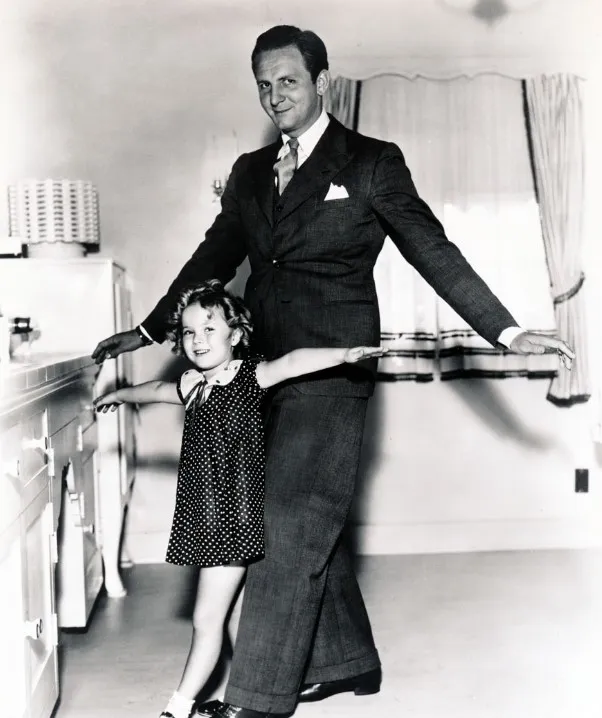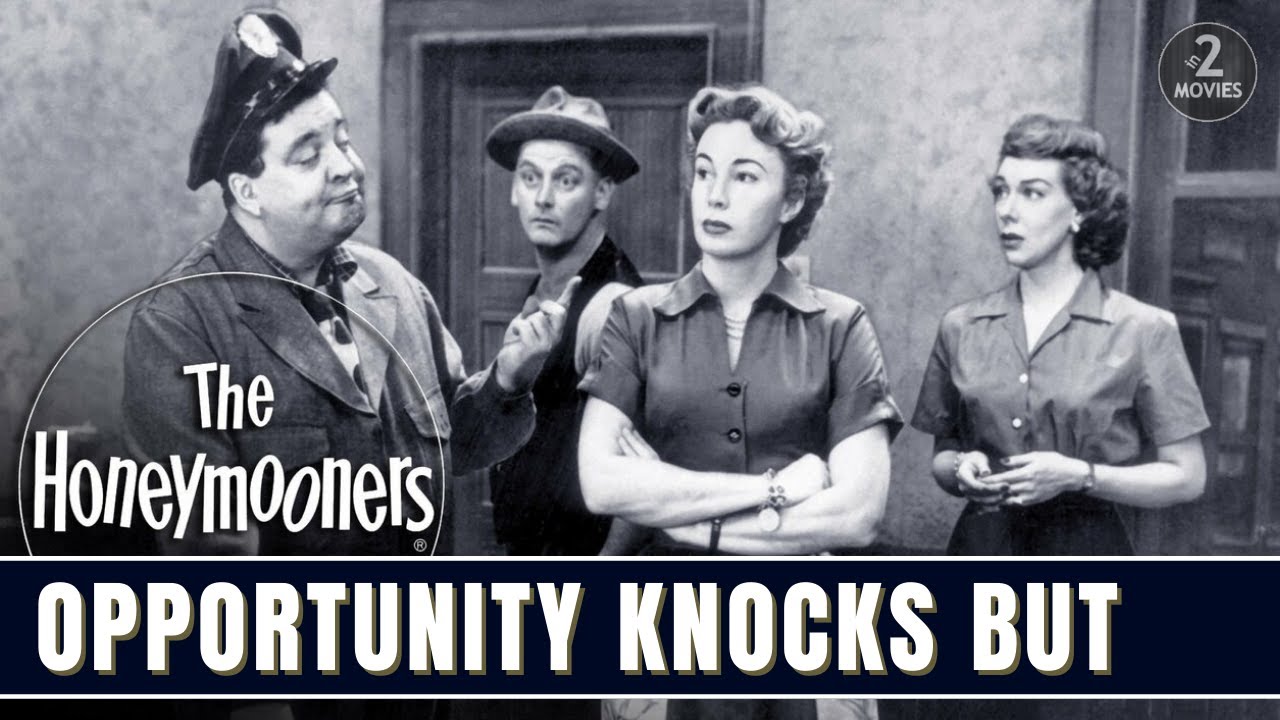In the pantheon of legendary vocalists, few names resonate as profoundly as Bing Crosby's. Born Harry Lillis Crosby Jr. on May 3, 1903, in Tacoma, Washington, Bing Crosby's mellifluous voice and enduring charm made him a cultural icon for generations. From his early days as a jazz singer and crooner to his transition into film and radio, Crosby's career was marked by innovation and lasting influence. In this article, we will journey through the life, music, and impact of the incomparable Bing Crosby.
(Watch the video below)

Early Life and Musical Beginnings

Bing Crosby's journey into the world of entertainment began at a young age. Raised in a family of performers, he was exposed to music and vaudeville from an early age. His natural talent for singing was evident from the start, and he began his musical career as a member of a local band in Spokane, Washington. Crosby's distinctive voice and unique vocal style set him apart from other singers of his time and would later become his trademark.
The Road to Stardom
Crosby's big break came when he joined the Rhythm Boys, a popular vocal trio that caught the attention of bandleader Paul Whiteman. Whiteman hired Crosby to sing with his orchestra, propelling him to national fame. By the early 1930s, Crosby had established himself as a successful solo artist and signed a contract with Brunswick Records, where he recorded a string of hit songs that would solidify his place in the music industry.
The Rise of the Crooner

Bing Crosby's smooth and relaxed singing style, often referred to as "crooning," revolutionized popular music in the 1930s. He was one of the first artists to use a microphone in his recordings, allowing for a more intimate and personal vocal delivery. Songs like "White Christmas," "Pennies from Heaven," and "Swinging on a Star" became instant classics and earned Crosby numerous accolades and awards, including several Grammy Awards.
Hollywood Stardom

In addition to his successful music career, Crosby made a seamless transition to Hollywood, where he became one of the most sought-after actors of his time. He starred in a series of popular musical films, often collaborating with other legendary performers such as Fred Astaire and Bob Hope. Films like "Going My Way" and "The Bells of St. Mary's" showcased Crosby's acting talent and further solidified his status as a Hollywood icon.
The Christmas Crooner
One of Bing Crosby's most enduring legacies is his association with Christmas music. His iconic recording of "White Christmas" remains the best-selling single of all time, and the song has become synonymous with the holiday season. Crosby's annual radio and television Christmas specials were eagerly anticipated by audiences and became a beloved tradition for many families.
Radio and Television Career

Crosby's success extended to radio and television, where he hosted his own popular radio show, "The Kraft Music Hall," for many years. He later transitioned to television, where he continued to entertain audiences with variety shows and specials. Crosby's warm and affable personality made him a favorite among viewers, and he remained a fixture on the small screen for decades.
Legacy and Influence

Bing Crosby's impact on popular culture is immeasurable. He was not only a trailblazer in the world of music and entertainment but also a philanthropist and humanitarian. Crosby's charitable efforts and contributions to the USO during World War II earned him the admiration and respect of his peers and the public.
Conclusion

Bing Crosby's remarkable career and timeless music have earned him a place in the hearts of generations of fans. His smooth baritone voice, charming persona, and exceptional talent continue to resonate with audiences today. Whether singing beloved holiday tunes or acting in classic films, Crosby's contributions to the worlds of music and entertainment have left an enduring legacy that will continue to inspire and captivate audiences for generations to come. Bing Crosby's name will forever be synonymous with the golden age of Hollywood and the magic of the crooner era, ensuring that his legendary status will live on in the hearts of music and film enthusiasts around the world.



